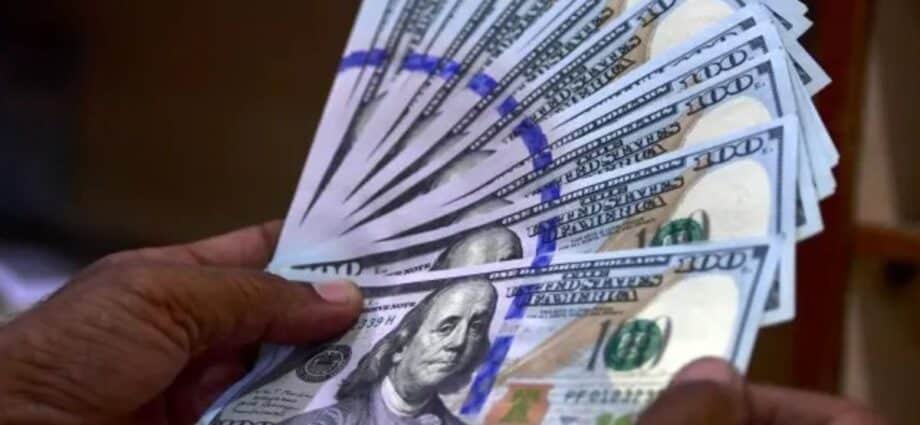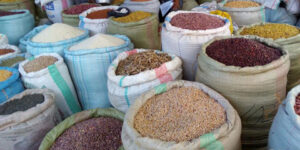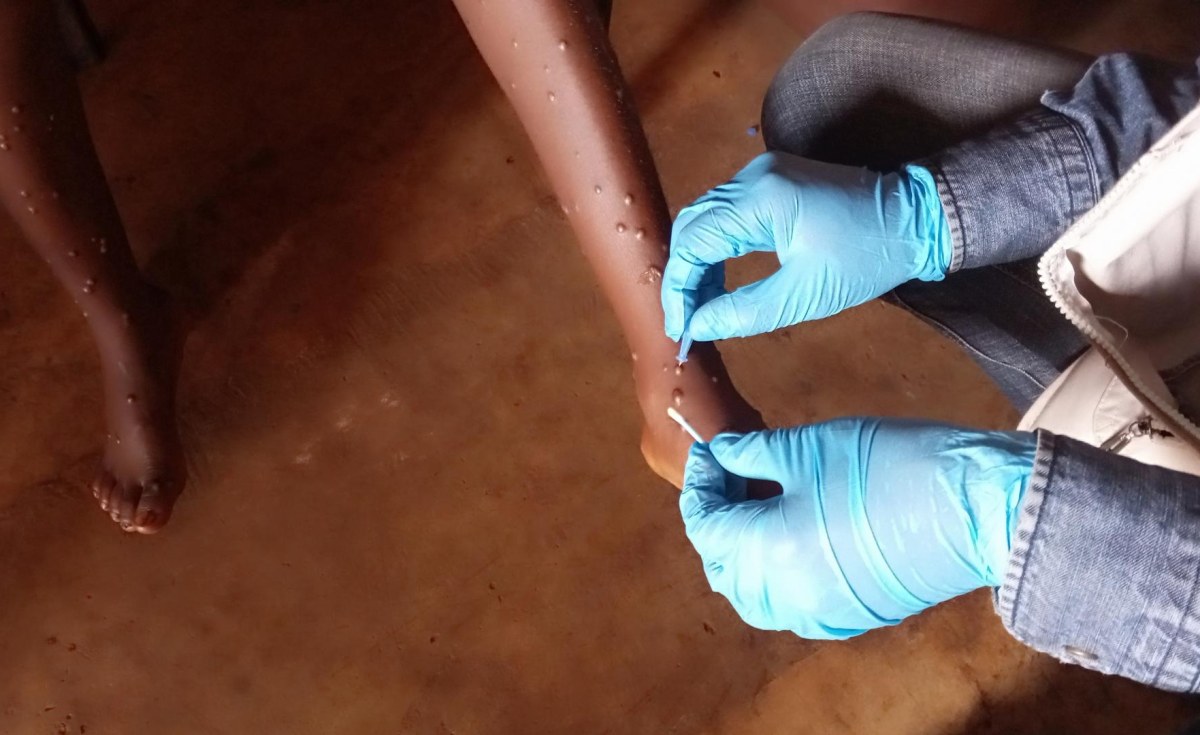Dar es Salaam. The Bank of Tanzania (BoT) has issued a strong warning to currency dealers suspected of hoarding US dollars to manipulate the black market amid the ongoing currency crisis.
Mr. Emmanuel Tutuba, the governor of the central bank, emphasized that the government is actively implementing measures to increase the supply of dollars.
He cautioned dealers suspected of withholding currency, highlighting the potential risks they face in the evolving economic landscape.
“I believe that those engaging in black market activities will face significant losses in the future because the economy is opening up and global economic risks are decreasing,” stated Mr. Tutuba during a meeting last week with stakeholders in the hospitality industry.
The governor expressed concern that foreign currency, particularly from hotels, is still finding its way into the black market.
He urged hotels to acquire licenses for currency exchange operations to ensure compliance with regulations. However, by March 2024, only one hotel had applied for a license, yet the Foreign Exchange Bureaus Regulations were amended in October 2023.
Additionally, Tutuba assured that the central bank remains committed to ensuring the availability of foreign currency and supporting legitimate forex market activities. At the same time, strict action will be taken against any illegal trading practices.
This warning coincided with the central bank’s recent sale of $100 million, part of broader efforts to ease foreign currency supply constraints in the country.
During a recent meeting with experts from the public and private sectors at the Technical Level Strategic Dialogue, Finance Minister Mwigulu Nchemba also hinted at the government’s efforts to find a way out of the current dollar shortage. He said that there could be light at the end of the dark tunnel once the country’s megaprojects start operations. According to him, the acquisition of raw materials for the Standard Gauge Railway (SGR) and Julius Nyerere Hydropower Project (JNHPP) will require substantial foreign currency. “Once these projects conclude, the dollar crisis will be history,” he said.
At the height of the dollar crisis in mid-2023, the government intensified measures to alleviate the US dollar shortage in the country, which included providing export credit guarantee schemes and increasing exports by supporting local businesses.
Other steps taken by the government include the purchase of gold, where about 400 kg of gold were bought by July to reinforce the national reserve and provide a shield against the volatile greenback.
The dollar crisis in Tanzania is attributed to a combination of different factors, which include a shift in international trade dynamics, fluctuations in commodity prices, and geopolitical tensions. All these factors negatively affected the country’s economic activities.
However, a raft of measures, including a crackdown on the black market, have seen a gradual improvement in accessing the US currency, although businesses are yet to recover to pre-crisis levels where huge sums of the dollar were readily available at various financial institutions.
Today, many traders still can’t guarantee access to the US dollar, a situation which has continued to disrupt businesses by driving up costs of operation and trimming profit margins.
In the market, there are two parallel exchange rates, with lenders buying and selling well above BoT indicative figures and those on the front boards.















